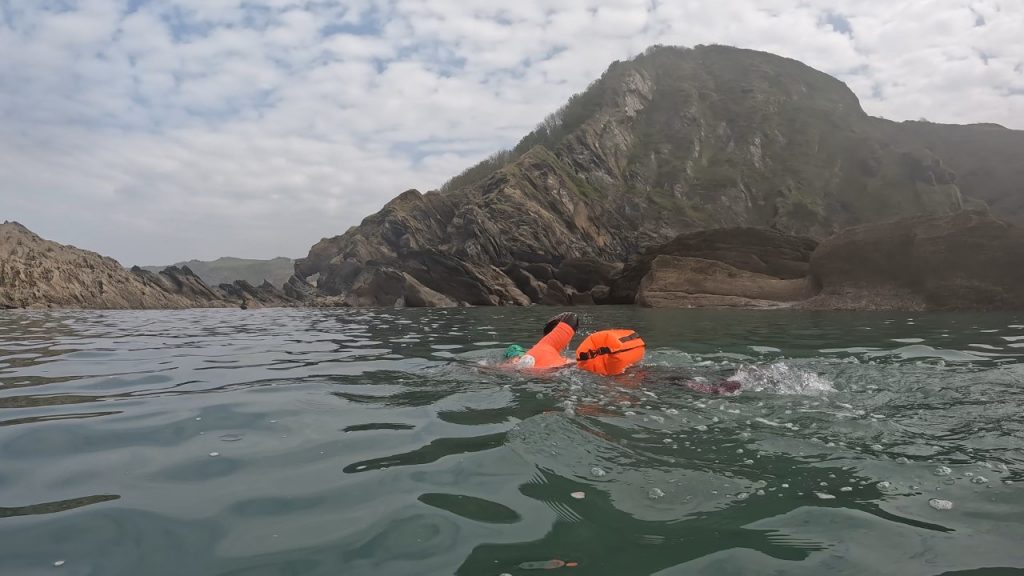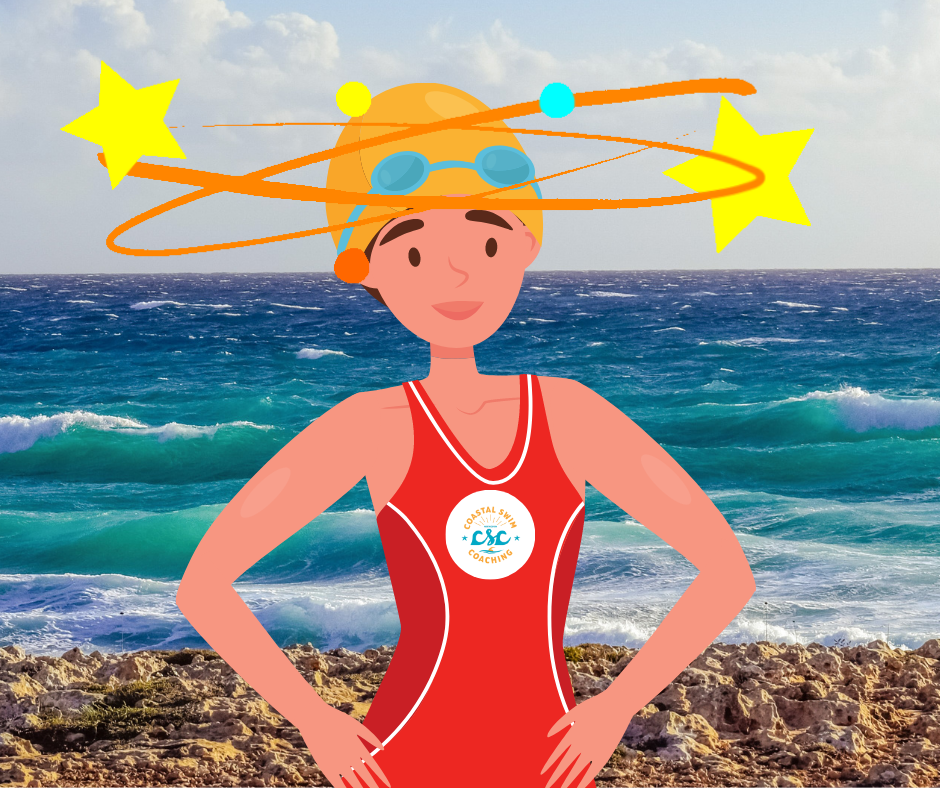Does your head spin during a cold water swim?
Ever finished a swim in open water and felt dizzy or still been in the water and felt dizzy or nauseous?
DON’T PANIC!
This is a very common occurrence for Open Water Swimmers particularly in the colder months. In the majority of cases this is known as Aural vertigo.
The causes of Aural vertigo are: Dehydration – swimming is a physical exercise that causes us to sweat and lose fluids and dehydration can lead to headaches, dizziness and vertigo. Turning your head from side to side and going from a vertical position to a horizontal position can cause dizziness, motion sickness or vertigo, if you get sick from being in a car or on a boat you are likely to get it from open water swimming too!
Cold water entering your ears can disturb blood circulation or fluid pressure in the inner ear aggravated by certain head positions or sudden positional changes

So how do you prevent dizziness and vertigo?
- Wear earplugs to prevent water entering your ears and in worse cases causing an ear infection
- Eat food and drink enough to prevent low blood sugar levels and dehydration
- Relax in the water, try to focus on the horizon or the bottom of the sea, this can help to settle the dizzy feeling
- Change your stroke, back stroke keeps your head the most steady when swimming or change your stroke to breathe either bi-laterally or just one side
- Concentrate on making your breath as normal as possible, try not to gasp for air and swim with a slower motion but with a more powerful pull
Remember this is fairly normal, remain calm follow some of the steps above and if in doubt seek medical attention.

